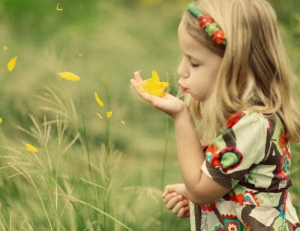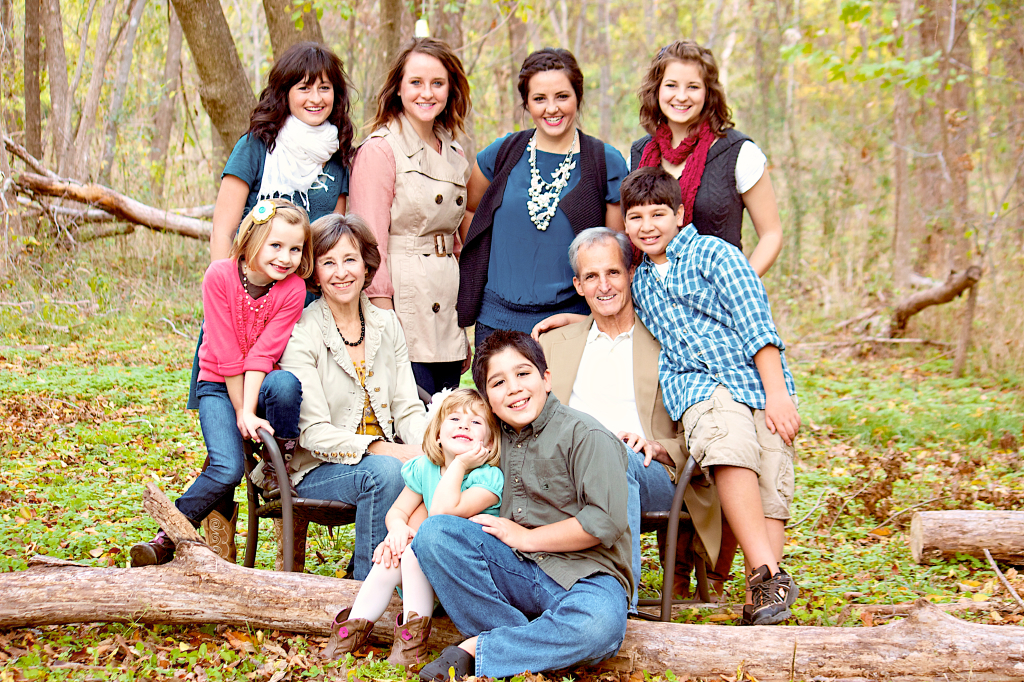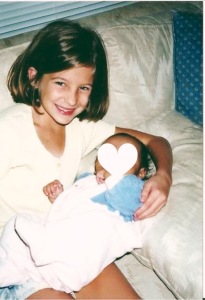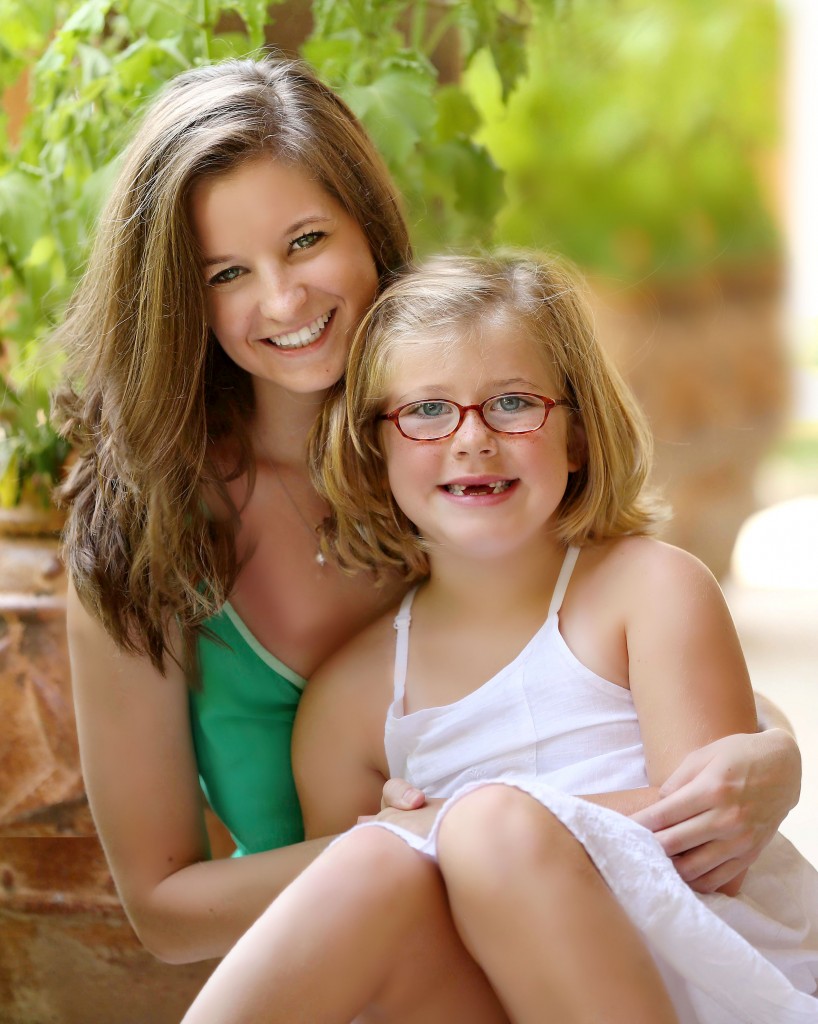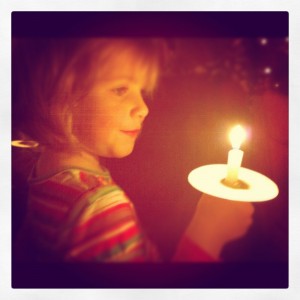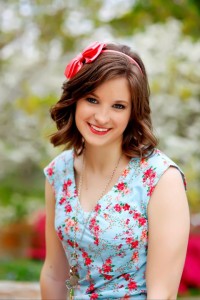*This post was written two years ago, when celebrating three years of having my little sisters HOME. This month we celebrate 5 years, and while we don’t have our ‘forever’ figured out yet, the journey is proving to be so sweet and so worth it*
Today we celebrate three years of baby sisters. I remember that day so clearly, the day we welcomed a 5-year-old and a 2-year-old back into our home and began our journey of forever.
We painted a room pink, bought new soft blankets, and filled a closet with more dresses than any two girls would possibly need.
That day was joyous, so we celebrate it, and rightfully so.
This journey isn’t without pain though. I was reminded last night of the harsh dichotomy that exists within the world of adoption. In order to have the privilege of loving these girls, they had to go through a lot of loss first. In order for me to love them and know them, others who loved them first had to lose them.
Last night, I peered into the little girls room and found a sweet 8-year-old sitting on her bed, looking at pictures of her first mom and her siblings, and crying. Tears in her eyes, and staring at the same pictures over and over again, she expressed in words how she was feeling.
I sat with her and kissed her head of blond hair over and over again. I rubbed her back and I chose my words carefully; I said that missing is okay. I wish I could have promised her that she would see her first mom again, that one day she would feel all better; I wish I could have whispered that she had no reason to cry, as many have told her before. But sister has every reason to cry. She should cry. It’s heartbreaking, but it’s good. I hate that for her. I hate this part of adoption. I hate watching an 8-year-old grieve over such hard things. The reality of that injustice makes me angry.
We get to celebrate her heritage and accept the reality of her past, however messy it may be. We speak with respect and honor towards her first mom, because that lady loves her. We even celebrate that the grief, which was once manifested through compromising behavior, is now morphing into the expression of words. That is huge. (and all the adoptive families said AMEN!)
When it comes down to it, none of us really know how to accurately depict the tragedy and beauty of adoption that has been so confusingly woven together. Sometimes it’s hard to figure out which part is the beauty and which is the tragedy. What do we celebrate and what do we grieve over? It takes a lot of work and time and tears. And sometimes we realize it’s the very thing we’re celebrating, like 3 years of permanence, that actually has so much grief wrapped up in it, too.
We know that we get to celebrate the notion of forever, because God’s plan is for every child to have a family. We don’t really, fully understand what ‘forever’ means, but we use that term anyway. We know that it represents something exciting and that there is permanence in the word, but even still, it is too big for our finite minds to grasp. What I have promised my little sisters is that we’re going to do our best to figure it out together, not through words, but through actions.
Right now, forever means afternoon Wii games, spontaneous trips to sonic, watching first-year ballet classes through the doorway, and blaring One Direction in the car.
Tomorrow it might mean something completely different.
So today we don’t have it figured out, nor to we necessarily intend to figure it out in this life time, but we celebrate 3 years of stability. We celebrate 3 years of baby doll playing, kindergarten graduations, learning how to read, and nighttime prayers. We celebrate 3 years of properly celebrated birthdays, summer afternoons spent by the pool, bike rides, and countless afternoons of painting nails. Today we get to celebrate new relationships, the beginning stages of trust, and the remembrance that through all of the chaos and tears, we are family.
____________________________________
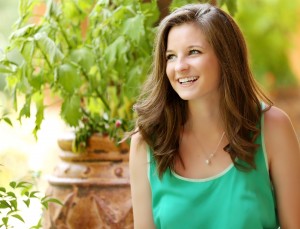 Kylee recently graduated with a bachelor’s degree in social work and is currently working at a child-placing agency while going back to school to pursue a masters in social work. Her parents jumped into the crazy world of foster care just days before her 8th birthday and cared for numerous infants and toddlers over a ten-year time span; four of those kids later became permanent family members through adoption. Kylee is passionate about learning how to better love her siblings from “hard places” and loves sharing about this journey and passion on her personal blog Learning to Abandon and on her Instagram @kyleemarissa.
Kylee recently graduated with a bachelor’s degree in social work and is currently working at a child-placing agency while going back to school to pursue a masters in social work. Her parents jumped into the crazy world of foster care just days before her 8th birthday and cared for numerous infants and toddlers over a ten-year time span; four of those kids later became permanent family members through adoption. Kylee is passionate about learning how to better love her siblings from “hard places” and loves sharing about this journey and passion on her personal blog Learning to Abandon and on her Instagram @kyleemarissa.
_____________________________________


